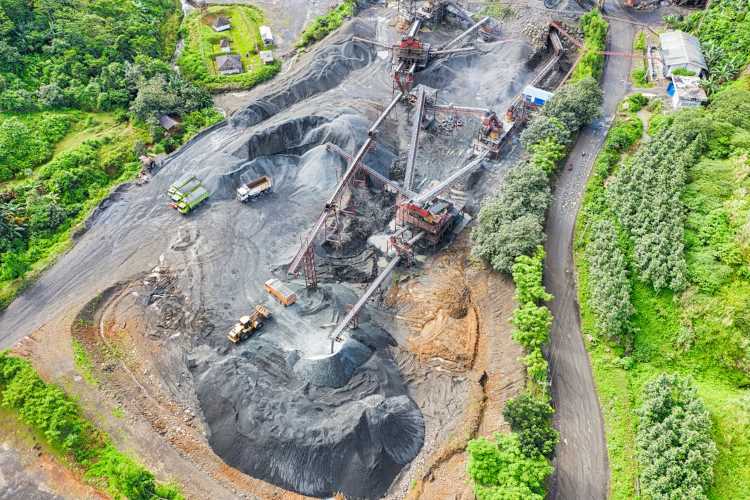
The mining industry, one of the oldest in human history, stands at a crossroads today. It carries the legacy of centuries-old practices while facing the urgent demands of sustainability. The tale of Queen Vispala, recounted in the Rig Veda, provides a vivid illustration of the long-standing bond between humanity and the earth’s mineral riches.
Vispala, a warrior queen who was fitted with metal prosthetics after a battlefield injury, embodies the resilience and adaptability that have been the hallmarks of human interaction with natural resources. Her story, rich in metaphor, offers a unique lens to view the mining sector’s journey towards sustainability — a journey that necessitates a harmonious blend of historical insights and forward-thinking innovation, collaborative education, diversity, and inclusiveness in the mining industry.
The mining industry’s role in human advancement cannot be overstated. It has been a cornerstone of economic and technological development, supplying the raw materials essential for growth and innovation. However, this industry also confronts substantial challenges in aligning with sustainable development principles. These challenges are not confined to environmental degradation but extend into the realm of social equity and community health.
READ I State-owned, poorly governed: PSUs fall short on board composition
Mining industry’s quest for sustainability
The discourse on Sustainable Development Goals shines a light on these broader implications, urging a re-evaluation of how mining activities impact societal dynamics, from altering gender roles and promoting gender equality to providing (or sometimes hindering) opportunities for marginalised groups.
The stark contrast between the wealth generated by mining and the often-impoverished conditions of surrounding communities encapsulates a profound dilemma. This “rich land, poor people” phenomenon prompts a critical examination of resource distribution and the moral obligations of those who profit from the earth’s bounty.
Initiatives aimed at sharing the benefits of mining more equitably, such as the District Mineral Foundation and various corporate social responsibility (CSR) efforts, represent important steps towards mitigating these disparities. Yet, the journey towards true equity and sustainability is complex and multifaceted, requiring concerted efforts across all sectors of society.
Ancient philosophical and ethical texts, including the Bhagavad Gita, offer timeless wisdom on living in harmony with nature. These texts advocate responsible consumption, resource stewardship, and a recognition of the interconnectedness of all life. They provide a rich ethical framework that can guide the mining industry’s efforts to minimise its environmental footprint and foster a more just and inclusive society.
Today, we are following new concepts such as Science Based Targets, introduction of Taskforce on Nature-related Financial Disclosures and Montreal Protocol but we must look into the principles of environmental conservation, social justice, and economic inclusivity outlined in the Indian ancient writings which are as relevant today, offering a blueprint for sustainable mining practices.
Environmental concerns, particularly the impact of mining on biodiversity and water resources, remain on the top of the sustainability agenda. The industry’s efforts to adopt practices that replenish the earth and avoid disrupting its delicate ecological balance are critical. Through initiatives focussed on mine closure, reclamation, rehabilitation, and restoration, the mining industry demonstrates a growing commitment to not merely extracting resources but also enhancing environmental health and community well-being.
The path towards sustainable mining is characterised by a profound moral imperative. It demands an approach that seamlessly integrates historical wisdom with innovative solutions, striving for a future where mining contributes positively to both the planet and its people. Inspired by stories of resilience and ethical stewardship, such as that of Vispala, the industry is called upon to embrace a comprehensive strategy that respects the earth’s finite resources while promoting equitable growth and prosperity.
The transition to sustainable mining practices is a journey that transcends mere technological upgrades or regulatory compliance. It is a holistic endeavour that requires a deep commitment to ethical principles, drawing on the lessons of the past to inform the innovations of the future. As the mining industry moves forward, it must navigate this path with an unwavering focus on environmental stewardship, social equity, and economic viability.
The author is Executive Incharge, Ferro Alloys and Minerals Division, Tata Steel Ltd. The views expressed in this article are of the author and not necessarily those of the company he is associated with.

